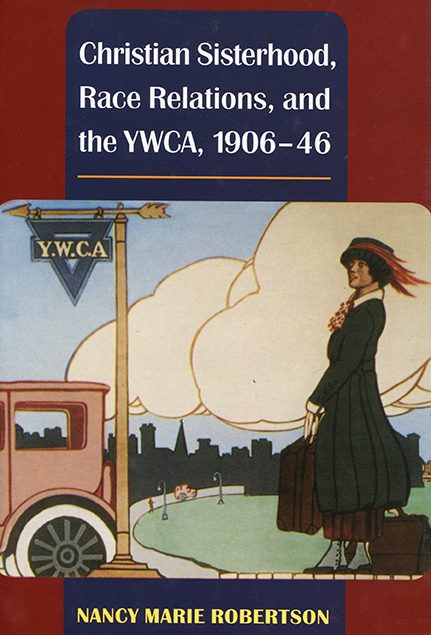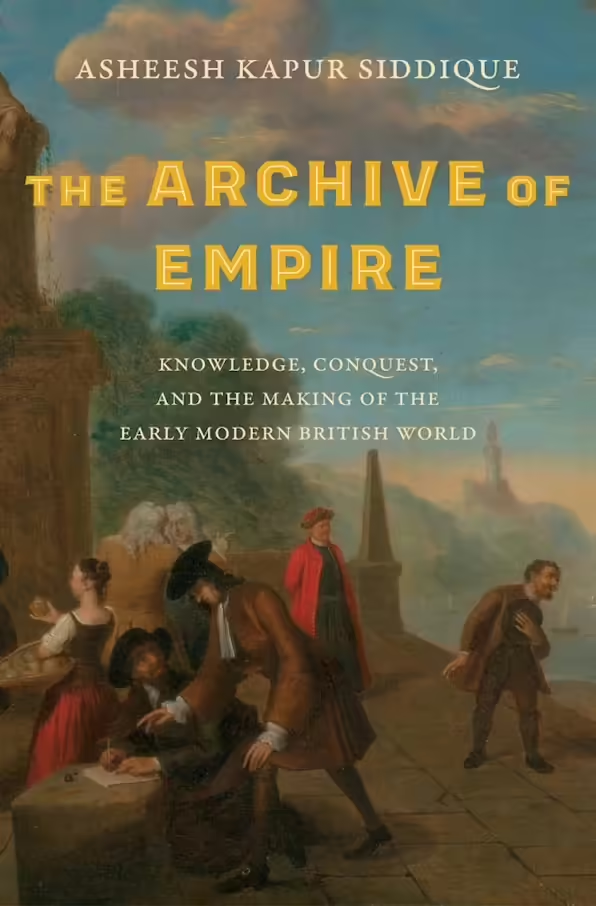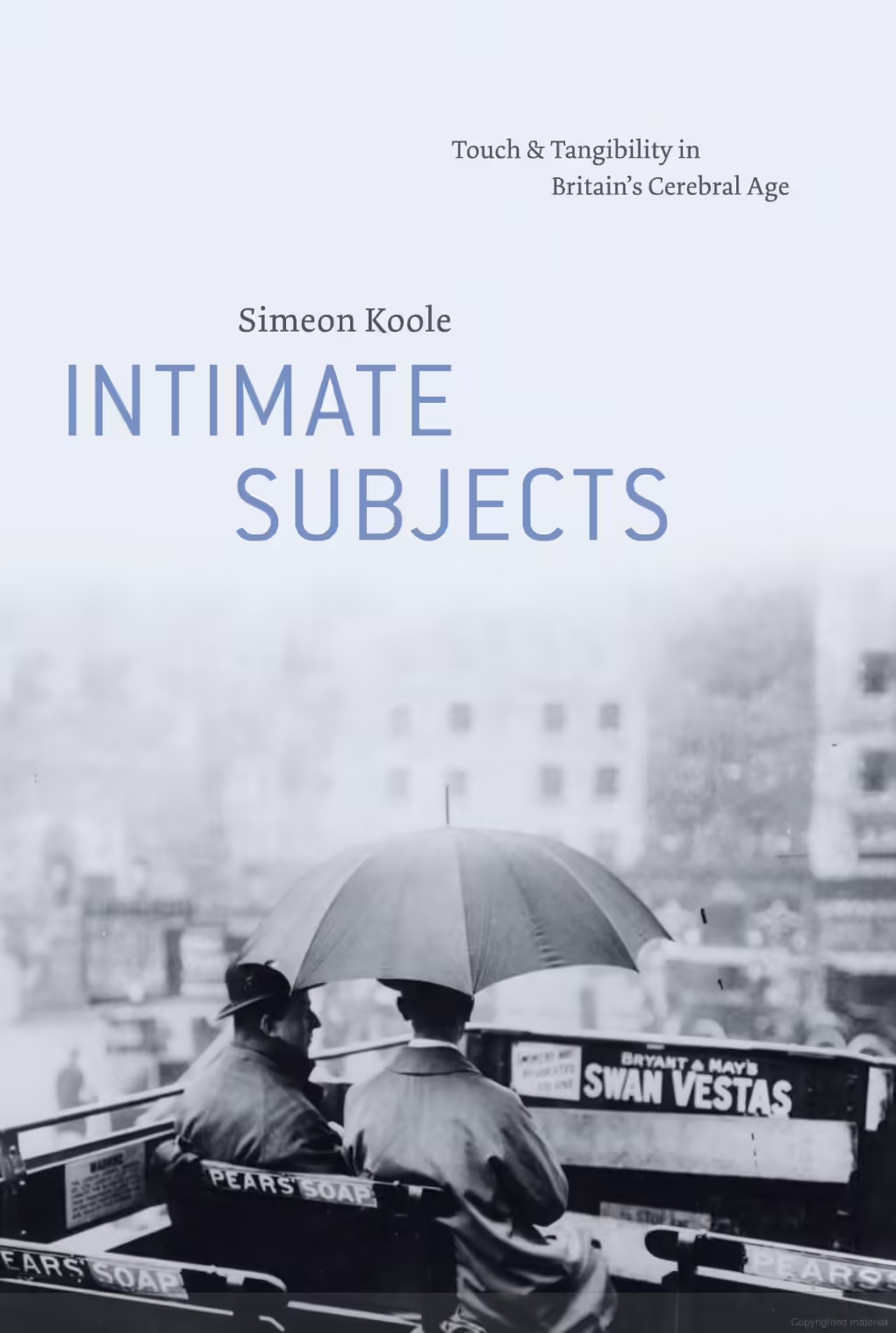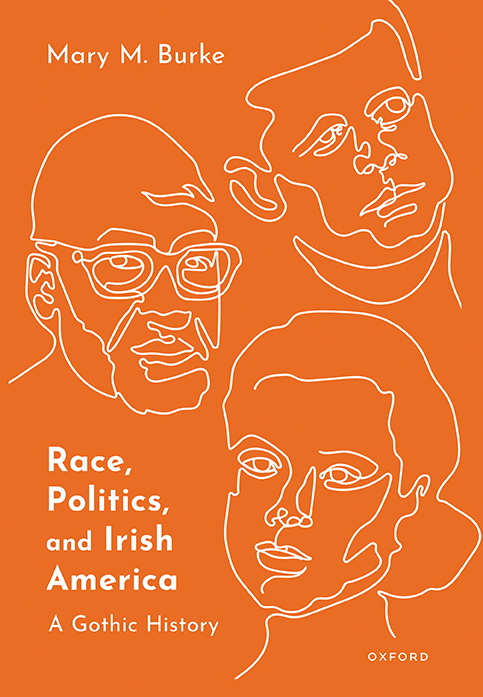Books

Christian Sisterhood, Race Relations, and the YWCA, 1906-46
As the major national biracial women’s organization, the Young Women’s Christian Association (YWCA) provided a unique venue for black and white women to respond to American race relations during the first half of the twentieth century. Nancy Marie Robertson analyzes how women of both races employed different understandings of “Christian sisterhood” in their responses. Although the YWCA was segregated at the local level, African American women were able to effectively challenge white women over YWCA racial policies and practices in both the South and the North. These struggles laid the groundwork for the subsequent civil rights movement. In addition, YWCA activism in these years provided a bridge from the women’s suffrage movement to the modern women’s movement. Robertson’s narrative draws on official YWCA records as well as the personal accounts of women associated with the YWCA, including Anna Arnold Hedgeman, Alice Dunbar-Nelson, Dorothy Height, Abby Aldrich Rockefeller, and Katharine Du Pre Lumpkin.




